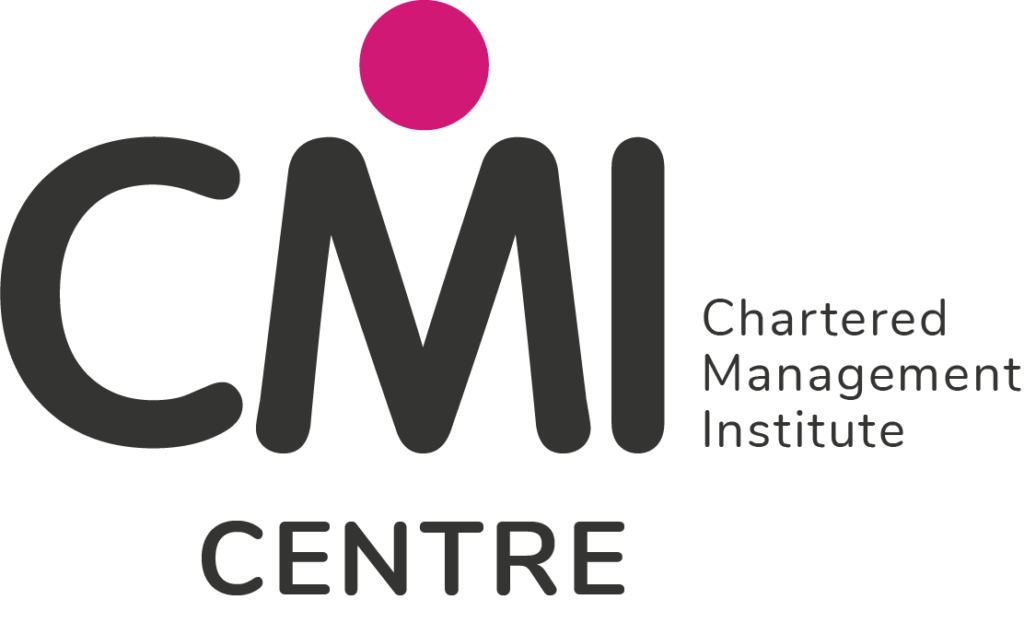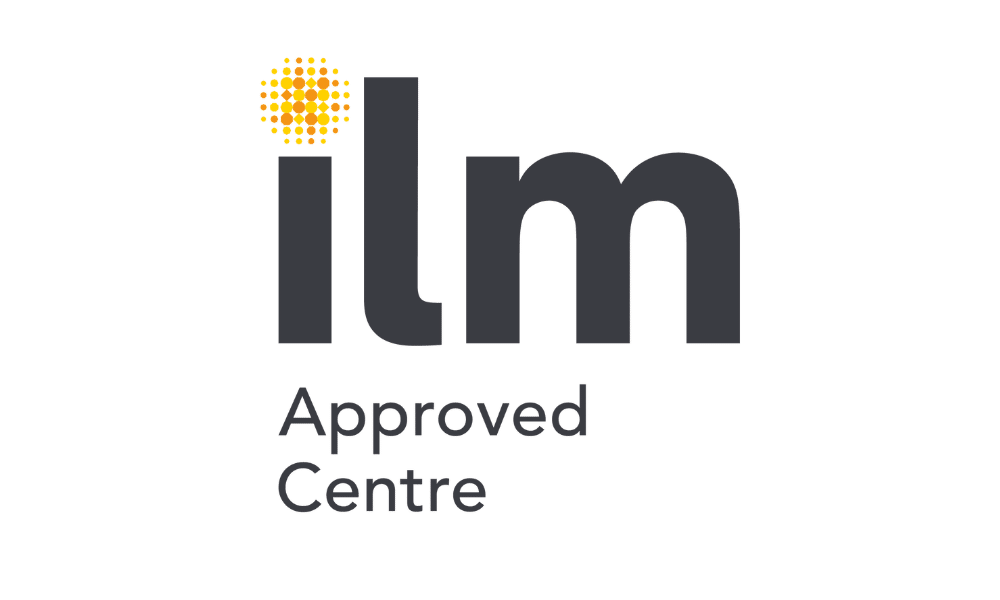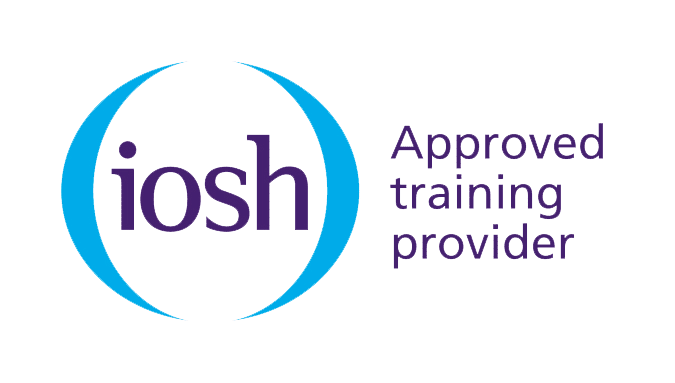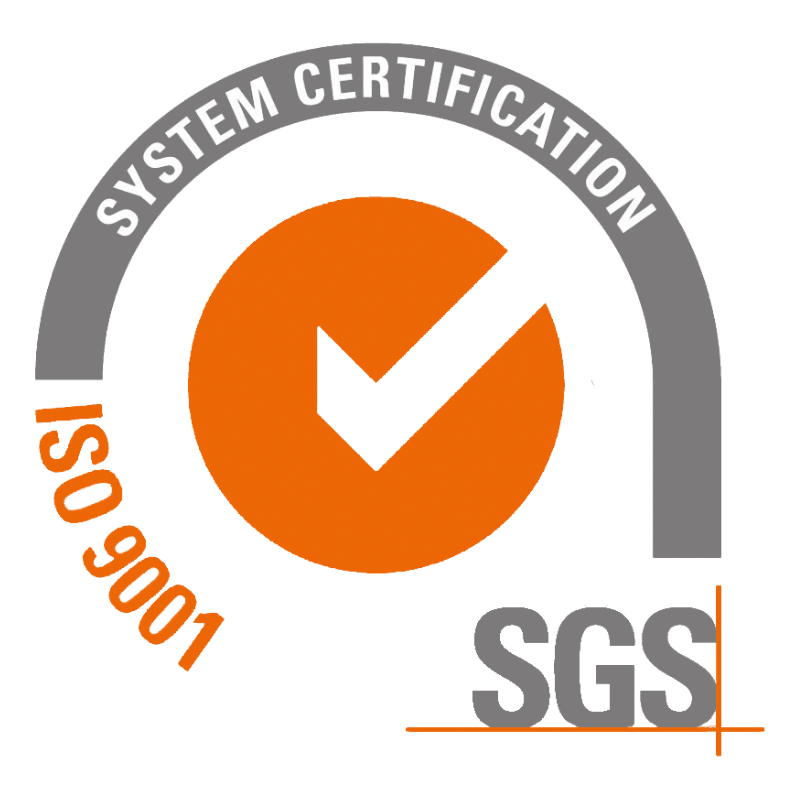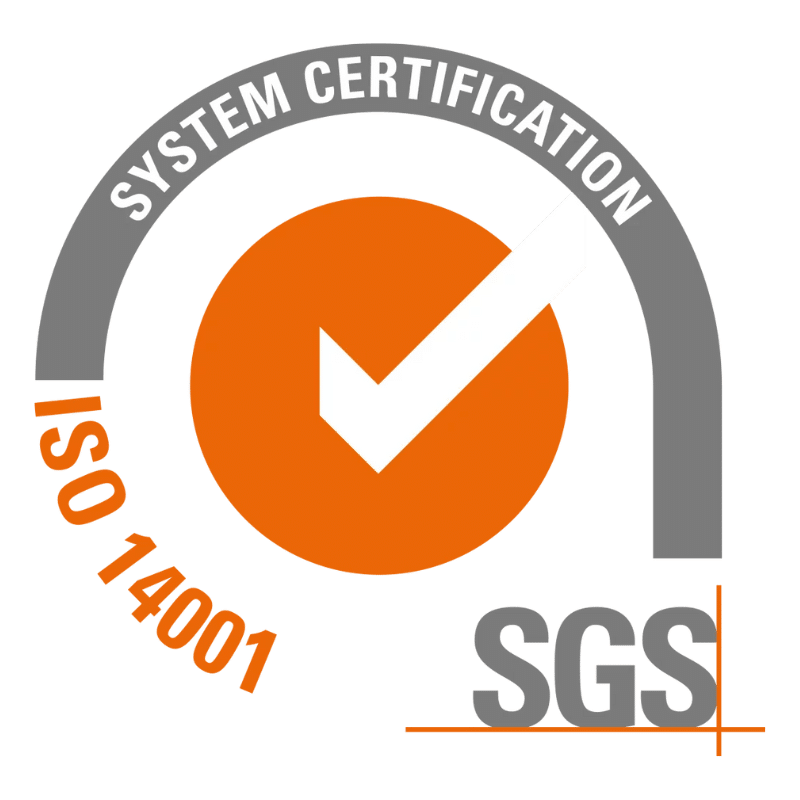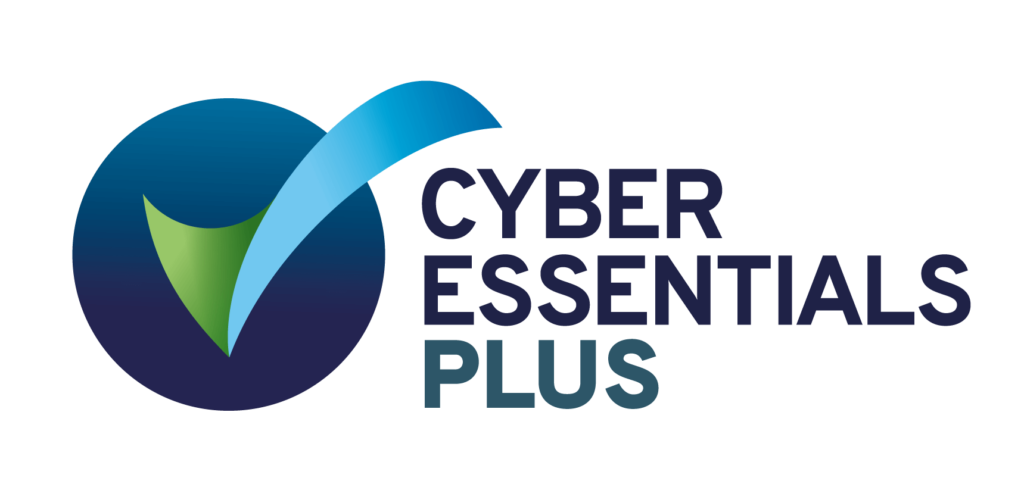Eliesha Training will now present the case for Line Manager training.

We intend to prove, beyond a shadow of a doubt, that (i) the challenges of the modern business environment and (ii) building trusting relationships and teams, makes Line Manager training and development essential to drive improved performance and growth.
Through detailing the constantly-evolving role of the modern Line Manager – and the many hats that must be worn – it will be shown that the only conclusion to be drawn is to support them with the knowledge, skills, behaviours and attitudes needed to be successful and effective in the role.
Exhibit A: The Line Manager’s Paradox

The great paradox of Line Managers’ involvement in their primary role – direct people management – is that they are expected to demonstrate consistency with the overall, structured organisational policy, whilst simultaneously tailoring the subtleties of their approach to their individuals and teams.
Managing, balancing and coping with these delicate differences in approach is often the make or break competency that contributes to whether a Line Manager will be successful.
The evidence clearly shows that the closer and the more qualitative the relationship a line manager has with reportees, then the more likely they are to be engaged, productive and motivated. However, this has to be professional and balanced, simultaneously adhering to required policy and process and maintaining consistency and quality of decisions across a complex organisational environment and situational contexts.
The most effective way of countering these challenges is the top-down buy-in of C-Suite leadership in support of the training and development solutions that the Line Managers need.
Exhibit B: The Line Manager’s Access

There are a number of areas in the Line Managers’ people management role where they are best informed and uniquely placed to deliver, such as:
- Individual development plans
- Performance management and recognition
- Creating a learning culture
- Achieving a work/life balance
- Enabling employee voice
- Maximising employee engagement
Exhibit C: The Line Manager/HR Relationship

In parallel with these crucial tasks, there are ongoing processes of devolution to consider, where HR responsibilities are shifted, decentralised and delegated to line managers. As a result, line managers are recruiters, performance managers, objective setters, appraisers, coaches, etc.
Line Managers need training and support to effectively handle the various responsibilities that are being devolved away from Human Resources to them.
For example, the outsourcing of transactional HR activities, e.g. payroll or complex advice, has become commonplace. This can transfer even more day-to-day responsibilities to the Line Manager, such as: staffing requests and personal/professional queries, submitting payroll information, monitoring workplace absence, et al. By making the right training and systems and available to Line Managers in support of these extra tasks, they – and the business – can reap the benefits.
Exhibit D: The Line Manager/L&D Relationship

In days of old, Learning & Organisational Development teams focused upon training course provision and/or facilitation. The role for Line Managers in this process was limited to managing the time of their teams around the time they required to spend learning.
In these enlightened times, enriched by data evidence and research, Line Managers have a crucial staff development role, determining learning need and enabling the learning process and transfer of learning to the workplace. This process places different demands on Line Managers that they must be knowledgeable and skilled to deal with. This could require effective appraisal and performance feedback skills, or several skills and behaviours that are best embraced within the highly beneficial ‘coaching style’ of management skills.
Line Managers must be ‘upskilled’ to deal with the various challenges and demands upon them and appropriate development solutions must be tuned to their needs and the corporate policy, process and culture.
Exhibit E: The Line Manager and Individual Performance

CIPD research identified that where individual employees have positive things to say about their relationship with their immediate ‘line’ manager, they’re more likely to have increased levels of job satisfaction and loyalty. These metrics are in turn linked to increased amounts of discretionary behaviour by reportees: i.e. those efforts which go beyond the standards requirements of the job.
Despite the incontrovertible evidence presented that Line Managers require the appropriate training to drive all the benefits and improvements that modern organisations expect of them, investing in their development is a long-time blind spot in UK plc:
- 71% of firms are failing to offer training to first-time managers
- 43% of UK managers rate their own line manager as ineffective
By upskilling your first line managers with the critical skills, behaviours and knowledge that both we and research have shown they need, you can expect a front-line workforce that is engaged, productive and in line with delivering upon the broader organisational goals.
Whether it’s an ILM Diploma in Leadership and Management – covering core skills like communication, performance management and effective communication – or a suite of short, sharp micro-learning management toolkit videos, available as and when they need them, Eliesha has a learning solution to suit your need.
One of our key organisational goals is to work in consultative, collaborative partnership with our clients, as no problem is ever the same for different organisations. Once we have an understanding of your concerns, context and circumstances, our recommendation will benefit from over 15 years of experience and our large network of subject matter experts.
